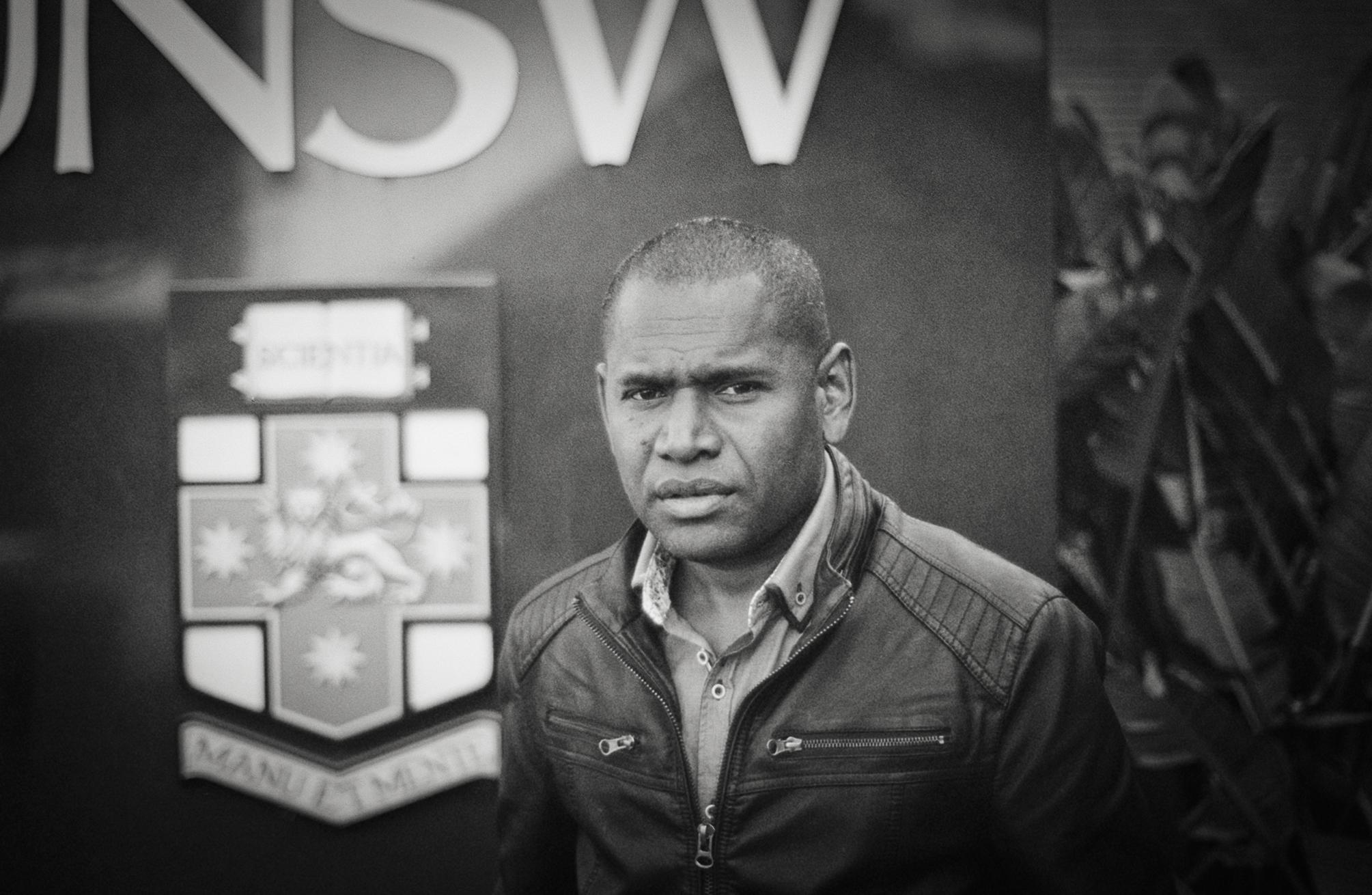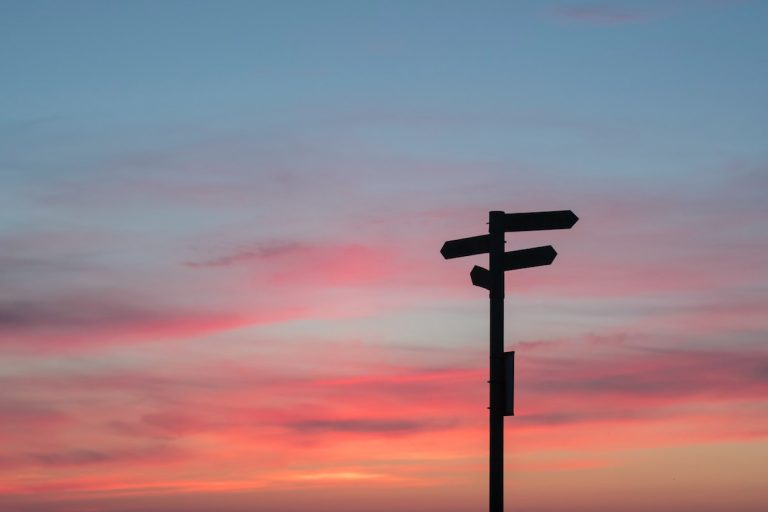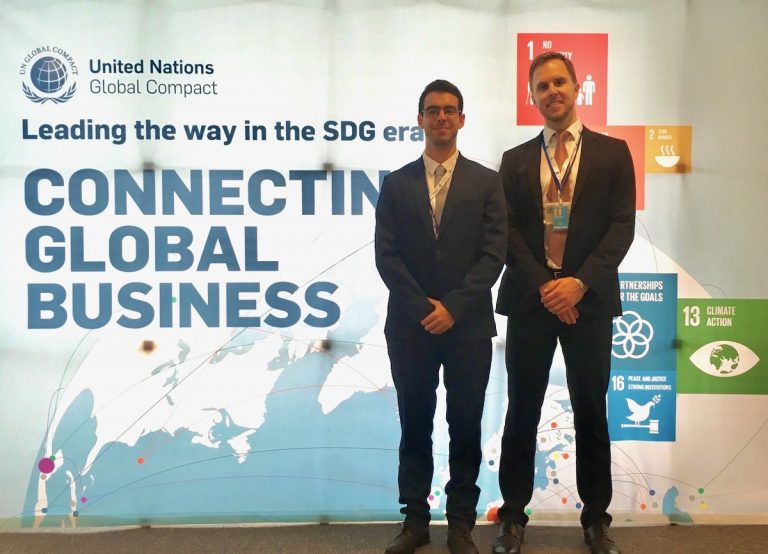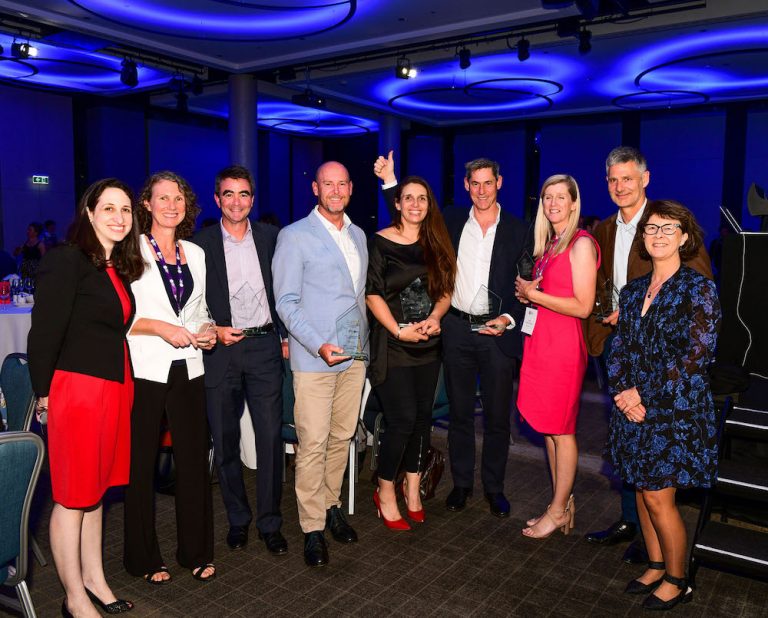Studying at a post-graduate level is as much about debate and discussion as it is about research. I’ve had classes in my Masters degree where every student is from a different country. I’ve heard insights from Iranians into the social impact of trade sanctions, a student from Ghana explained his complex frustrations at the conditionality of IMF loans – but my favourite comments always came from Patteson Lusi, from the Solomon Islands.
With a perpetual smile, he would approach every response with a meandering introduction, “I would like to answer this question with a perspective… from the Solomon Islands. First, I will address the comments of my colleague… and then I will tell a story from my country.” His slow drawl was in stark contrast to the rapid fire and nervous comments from the rest of us.
When I later listened to a speech by the Prime Minister of Papua New Guinea, Peter O’Neil, I began to appreciate that this calm and measured tone was perhaps idiosyncratic of Pacific Island culture. Patteson had me intrigued and he generously agreed to sit down and answer some of my questions.
We met in the UNSW library on a cold but sunny winter afternoon; there was a bustle of students despite it being university holidays.
Being International Relations students our discussion soon turned to that most glaring linkage between Australia and the Solomon Islands – RAMSI (The Regional Assistance Mission to Solomon Islands).
RAMSI is a project that I knew very little about; and with Patteson explaining it, with passion and such an intimate understanding – it became a compelling story and one which I wanted to share…
“From the Solomon Islands perspective RAMSI was a very good thing. As former Prime Minister Bartholomew Ulufa’alu said; ‘The Solomon Islands was a sick patient, it was critically ill and needed assistance, and not just panadol, it needed surgery.’” Patteson explained.
“The process helped to strengthen institutions, the rule of law, it improved services with education and health. People for the first time appreciated the benefit a well functioning public service, they came to realise this is how government should be in a modern world.”
RAMSI was also called Helpem Fren, or ‘Help a Friend’. It followed a request in 2000 from Solomon Island leaders for assistance in dealing with unprecedented levels of violence and unrest that stemmed from land disputes and compensation claims that had been brewing since independence. There were unsettled compensation disputes and the streets of Honiara had become so dangerous that many had fled to the hills.
“There was a big problem with teenagers with no jobs. They had nothing to do and those who lost elections took advantage of them, stirred them up.” Patteson said.
Fifteen countries in the region contributed to the project, which was led and majority funded by Australia. RAMSI started work in 2003, but with the wounds of colonialism still raw there were concerns.
“There was obviously debate and suggestion that it may be a form of neo-colonialism, but I didn’t see it that way. I saw it as a brother helping another brother.”
“The key was that the process allowed the Solomon Islands to take ownership. This was a big issue at the beginning. Many people assumed it would be the same as when the English took over. But the process was more like brothers working together.” Paterson explained.
The evolution of RAMSI
Since 2013 the operation has been purely a policing mission, but its early stages featured a number of gradual iterations, as Patteson explained.
“The process first addressed the major issue of law and order. Next came institutions. Then, as progress was being made, sustainability became the focus and this is the biggest challenge. Can we survive on our own? It looks like yes we can, because it was designed well.”
“But most important is ongoing capacity development. Training and education etc. and that’s where our partners in Australia and New Zealand come in. This is where the scholarship package that got me to Australia came from; the Australian Awards Scholarship, it’s offered to all Pacific Island countries.”
“I’m so grateful to Australia for the opportunity. It’s been valuable on many levels; coming here has given me a qualification, but there’s also a long-term benefit that I’ll take back to the Solomon Islands. Whether I work in the private sector or the public sector, it’s helped me to better understand global issues. It’s broadened my mind and my understanding of global issues. And of course the networks are really important and valuable.”
“If I was working for a minister or in Parliament myself these linkages will be really important and will help me be more effective.”
“I have my wife and my son here with me. I try to make my son understand how valuable this education is for him also; he’s been going to school here. I tell him that when we go back home he’ll be so far ahead of his friends in the village. So this scholarship will not only help me, but my whole family, and in the future our whole village and our region will benefit.”
The impact of Aussie aid
The RAMSI operation saw a major transformation of law and order in the Solomons. New institutions were born and a reimagined political system was established. This is an important foundation, but the country is still heavily dependent on Australian aid flows and Patteson helped me understand the impact it’s having.
“Julie Bishop’s speech last April was really important and I support her views on the pivot to Asia-Pacific, Aid-for-trade and the importance of capacity building. In the Solomon Islands I’ve seen first hand the good outcomes from this in the development and growth in industry.”
“The aid allocations in the budget stayed in-line with her statements, the funding was maintained. I think the focus on trade is good, I mean really, education and health can be dealt with by local governments; they are best equipped socially for this and with capacity assistance they will have the resources.”
Women’s Business
Beyond building institutions and industrial capacity there have also been some major social developments.
“In PNG there are many women who run businesses. But in the past they weren’t given a lot of credit, or support, for their hard work.”
“But aid for trade developments have helped these women develop their cottage industries, making beads and weaving etc, and giving them a market and trade routes to sell them. The Solomon Islands Women’s Business Association has been setup and its really helped these businesses grow, it’s a whole new industry.”
“Men are starting to appreciate that women can be good business people. The Solomon Islands need to be given a change to utilize a whole range of different resources in a sustainable way.”
Challenges ahead
On the ten year anniversary of RAMSI there was a flurry of analysis, and while it had its share of setbacks it was largely viewed as a success. The Solomon Islands is on track and I asked Paterson what he now saw as the nation’s key challenge.
“I think National Identity is certainly at the top of the list. We’re at a time when we need to determine not only who we are but what we want to be.”
“Our nation is very diverse, in terms of ideologies and heritage. We are often described as the centre of the Pacific – it is the real pacific. We have people from all of the regions; Micronesians, Polynesians, Melanesians. In the Solomons they all come together, but also Asians (we have the biggest Chinatown in the Pacific) and of course there are many Westerners.”
“What we need is an integrated approach to bring these identities together as one.”
“But going to back to your question, national identity is important and education is the key. I mean for tiny communities, in the villages, their identity doesn’t extend beyond the shores of their island. There’s no TV, no electricity, it’s important that we help people experience a regional identity and brotherhood. There is a tendency for islands and tribes to fight among themselves. But it is only when people leave the island that they understand we are truly united as a region, all of us from PNG, Nauru and Vanuatu etc. We need to work together, and I’m happy to say this is happening, slowly.”
“The next challenge is our current parliament system. We adopted the Westminster system in 1978 when we gained independence. But many people still don’t understand the role of parliament. Too many times there are no-confidence motions launched by individuals who are focused on narrow, personal aims. We don’t yet have strong party systems.”
“RAMSI brought in a Political Party Integrity Act. The potential is good, but there’s still loopholes, but it’s just the start. Last election there was a good turn out of candidates and they were high quality, educated candidates, rather than just people with money standing for election to take hold of more power. People are appreciating the importance and role of parliament.”
—–
This collision of so many different cultural and political perspectives was the best part of my masters degree. Sharing stories and discussing issues was just as important as the syllabus material. But I want to stress; this diversity was made even greater by students like Patteson having access to a scholarship. So I hope this story in some way functions as a record for the benefits of aid through education; and that we can maintain, if not increase, this vital and far-reaching support.
Patteson Lusi worked as the Director of the Parliamentary Civic Education Department (PCED) in the National Parliament of Solomon Islands from 2008-2013.
In 2014 he was awarded the Australia Awards Scholarship (AAS) to pursue the Masters Degree in International Relations at UNSW.





